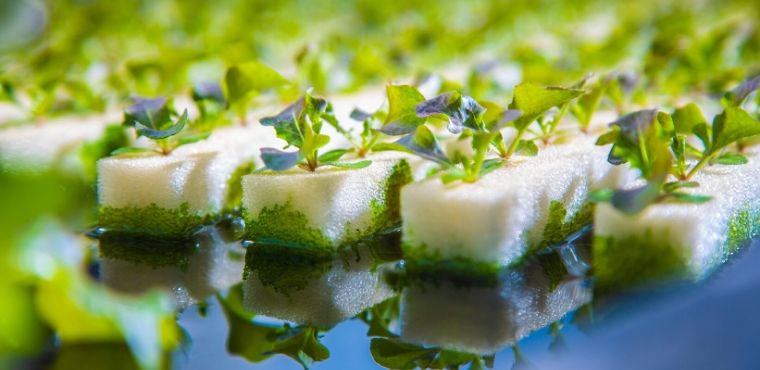Gardening practices, whether on a small or large scale, can always benefit from refinement and improvement. One of the techniques and methods people have used more lately is that of hydroponics. Simply put, it’s the method of growing plants in a nutrient-rich water solution. It works both on a small scale and for larger farms. A big part of this method’s success comes from the growing medium.
In traditional gardening, the growing medium for plants is dirt or soil. Hydroponics utilizes different materials to support the plant’s roots and hold it upright. With all the different hydroponic systems, there’s no exact science for which growing medium is best, but there are some that work better than others for the system you have and the plants you’re growing. Learn more about two of the best growing mediums for your hydroponic garden here!
Rockwool
Rockwool is one of the most common growing mediums for hydroponic gardens. It’s a non-degradable medium composed mostly of granite and/or sandstone that is then super-heated and melted. Its end form is like a bunch of small, cotton-candy-like threads formed into blocks, sheets, or slabs.
Pros:
- It sucks up nutrient solution well but gives most of the solution to the roots of the plant.
- It’s very porous, leaving room for roots to grow.
Cons:
- It’s not biodegradable.
- It requires sterilization (it has a high pH, affecting plant growth and the nutrient solution) before each use.
Best for:
Rockwool is best for aeroponic systems, which keep it from getting too saturated and overwhelming the plant. These systems work beautifully in greenhouses!
Perlite
Perlite is one of the best growing mediums for your hydroponic garden because it works well for so many systems. The medium is mainly composed of minerals subjected to very high heat—they expand like popcorn, becoming incredibly lightweight and porous. It mixes well with other growing mediums, so you could pair Rockwool and perlite to create an even better environment for your garden.
Pros:
- It has a neutral pH, which will help protect your plants from diseases.
- It’s very easy to find—it’s available at most garden centers near you.
Cons:
- Perlite dust often irritates lungs and eyes, so you’ll want to wash before using and even wear a mask when working with it.
- Little grains of perlite can wash away depending on the system you choose, so you may have to replenish more often than usual.
Best for:
Perlite doesn’t hold water that well, so you’ll want to use a system that keeps your plant roots constantly wet. Drip systems work much better than flood and drain systems, since perlite floats!
The world of hydroponics is a vast and interesting one. But once you delve into it, you’ll see how it could thoroughly improve every one of your gardening endeavors!







